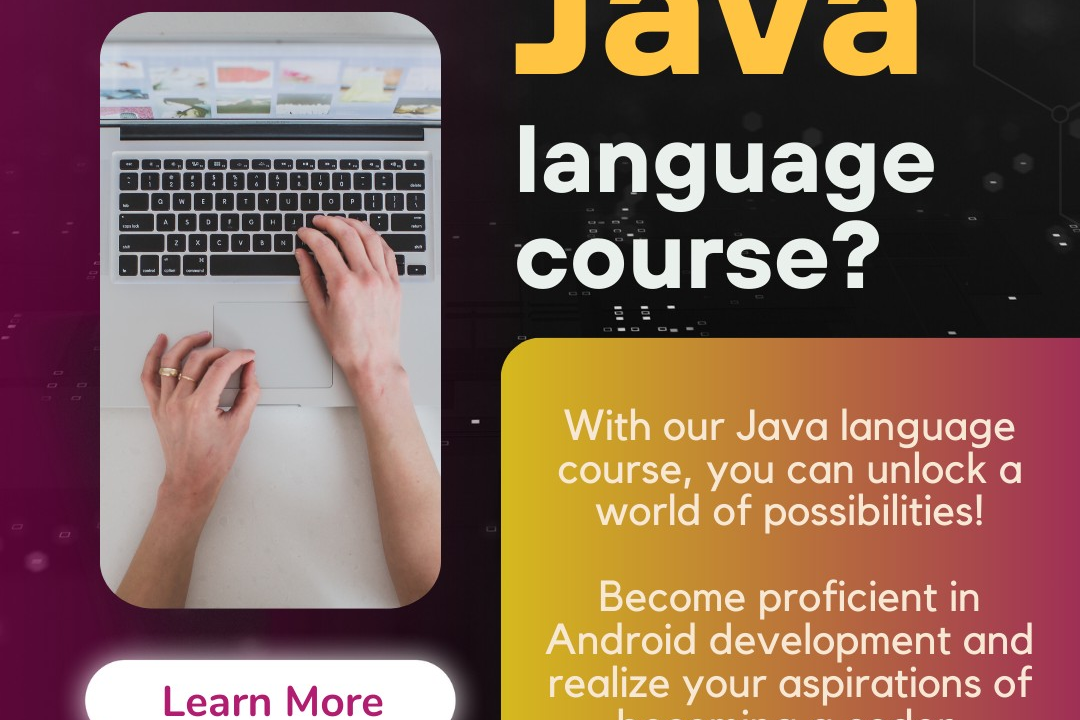java full course syllabus
Comprehensive Java Programming Course Curriculum
java full course syllabus
A comprehensive Java full course syllabus typically covers foundational concepts and advanced topics necessary for mastering Java programming. It begins with an introduction to Java, including its history, installation, and basic syntax. The course progresses through object-oriented programming principles such as classes, objects, inheritance, polymorphism, encapsulation, and abstraction. Essential topics like data types, control statements, exception handling, and collection frameworks are included. The syllabus often explores Java APIs, multithreading, and Java I/O operations, followed by GUI programming with Swing or JavaFX. Advanced subjects may encompass database connectivity using JDBC, web development with Servlets and JSP, and an introduction to frameworks like Spring or Hibernate. Finally, hands-on projects and case studies are integrated to enhance practical skills, alongside best practices in software development and version control using tools like Git. The goal is to equip learners with both theoretical knowledge and practical experience in building robust applications.
To Download Our Brochure: https://www.justacademy.co/download-brochure-for-free
Message us for more information: +91 9987184296
1 - Introduction to Java
Overview of Java: History, features, and key benefits.
Java Development Kit (JDK), Java Runtime Environment (JRE), and Integrated Development Environment (IDE) setups.
2) Basic Syntax and Structure
Understanding Java’s structure: classes, methods, and the main function.
Writing your first Java program: “Hello World” example.
3) Variables and Data Types
Primitive data types (int, char, boolean, etc.) and reference data types.
Variable declaration, initialization, and scope.
4) Control Statements
Conditional statements: if, else, switch case.
Looping constructs: for, while, and do while loops.
5) Object Oriented Programming (OOP) Concepts
Introduction to OOP: classes, objects, inheritance, encapsulation, and polymorphism.
Creating and using classes and objects in Java.
6) Java Methods
Method declaration and definition: return types, parameters, and method overloading.
Understanding static vs. instance methods.
7) Arrays and Strings
Single dimensional and multi dimensional arrays in Java.
String manipulation and the String class.
8) Exception Handling
Understanding exceptions and the exception hierarchy.
Try catch blocks, finally, and throwing exceptions.
9) Java Collections Framework
Introduction to collections: List, Set, Map interfaces.
Using ArrayList, HashMap, and other built in collection classes.
10) File I/O in Java
Reading from and writing to files using Java I/O classes.
Understanding Java NIO for file handling.
11) Multithreading
Concepts of threads and processes.
Creating and managing threads and synchronization.
12) Networking in Java
Understanding basic networking concepts and protocols (TCP/IP).
Creating a simple client server application using sockets.
13) Java GUI programming
Introduction to Java Swing or JavaFX for graphical user interface development.
Creating windows, dialogs, and handling events.
14) Java Database Connectivity (JDBC)
Understanding relational databases and SQL.
Connecting Java applications to databases using JDBC.
15) Best Practices and Design Patterns
Coding best practices for writing clean and efficient Java code.
Introduction and implementation of common design patterns (Singleton, Factory).
16) Unit Testing with JUnit
Writing test cases using JUnit framework.
Understanding the importance of test driven development (TDD).
17) Project Development
Integrating learned concepts into a real world project.
Version control using Git and working collaboratively using GitHub.
18) Advanced Topics (Optional)
Explore topics like Java Streams, Lambda expressions, and Java 8 features.
Basics of Spring Framework or Hibernate for enterprise applications.
Conclusion
By the end of this training program, students will have a comprehensive understanding of Java and its applications, equipping them with the skills required for software development roles. The mix of theory and practical hands on sessions will ensure a well rounded learning experience.
Browse our course links : https://www.justacademy.co/all-courses
To Join our FREE DEMO Session: Click Here
Contact Us for more info:
WordPress coaching
iOS training in Anjar
iOS Training in Madurai
What is Build Context in Flutter
iOS Training in Amreli











